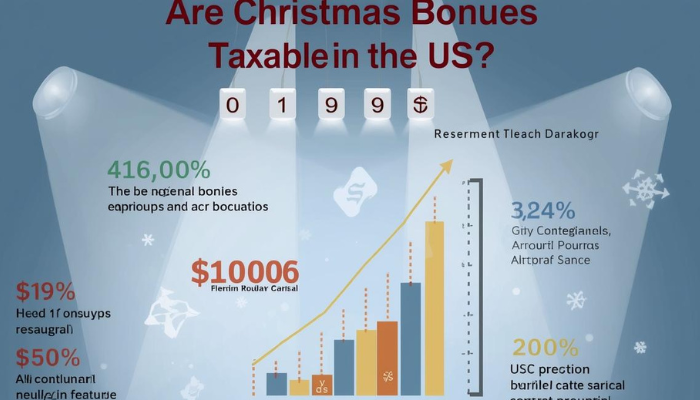
Do Americans Pay Estate Tax?
Do Americans pay estate tax? Estate tax (or death tax) is a levy placed on the possessions of a deceased person’s heirs. According to the Internal Revenue Service (IRS), death tax is ‘on your right to transfer property at your death.’ Now you have your answer: Americans pay estate or death tax.
By 2024, estates worth more than $13.61 million will be subject to the federal estate tax, which has 18% and 40% tax rates.
L&Y Tax Advisor further explains ‘Do Americans pay estate tax?’. The District of Columbia and 12 states each have their own estate taxes, which will influence estate planning.
What is Estate Tax?
Estate tax and inheritance tax are two different things. However, many people used these terms interchangeably.
The estate tax is deducted from the deceased’s assets before transferring them to heirs. However, beneficiaries are subject to an inheritance tax.
Filing an estate tax return is your responsibility if you are the executor of an estate. Instead of the initial purchase price, the asset’s fair market value determines the taxable value.
One important clause to note is the maximum marital deduction, which shields surviving spouses from paying federal inheritance taxes.
Our tax consultancy services can help estate planners understand the tax ramifications and liability-reducing strategies.
Is There a Federal Estate Tax?
Yes, the federal estate tax is still implemented on estates worth more than $13.61 million. The tax rates range from 18% to 40%.
For instance, an estate valued at $14.61 million would be subject to taxes on the $1 million over the exemption.
Typically, estate tax payments must be made within nine months of the deceased’s death. However, executors may ask for a six-month delay. The exemption level was temporarily raised by the Tax Cuts and Jobs Act of 2017. However, unless legislation is passed, it will return to about $5 million (inflation-adjusted) in 2026.
Read: What is a VAT number in the US?
Do Americans Pay Estate Tax?
Yes. In 2024, estate taxes are levied in the following states and the District of Columbia:
- Connecticut: 12% flat tax on estates above $13.61 million.
- Hawaii: 10%-20% tax on estates over $5.49 million.
- Illinois: 0.8%-16% tax on estates over $4 million.
- Maine: 8%-12% tax on estates over $6.8 million.
- Maryland: 0.8%-16% tax on estates over $5 million. Maryland also has an inheritance tax.
- Massachusetts: 0.8%-16% tax on estates over $2 million.
- Minnesota: 13%-16% tax on estates over $3 million.
- New York: 3.06%-16% tax on estates over $6.94 million. This includes a “cliff tax” for estates that exceed the exemption by more than 5%.
- Oregon: 10%-16% tax on estates over $1 million.
- Rhode Island: 0.8%-16% tax on estates over $1.77 million.
- Vermont: 16% flat tax on estates over $5 million.
- Washington: 10%-20% tax on estates over $2.19 million.
- District of Columbia: 11.2%-16% tax on estates over $4.71 million.
Read: How to start financial advisor business?
How to Reduce or Avoid Estate Tax?
Even while surviving spouses are not subject to inheritance tax, there are still ways to lower tax obligations:
Charitable Donations
The taxable value of an estate is reduced when assets are bequeathed to eligible charities.
Gifting
Individuals are exempt from federal gift tax in 2024 if they give up to $18,000 to each recipient.
Read: When do you start paying property taxes on a new home?
Irrevocable Trusts
They shield assets from creditors and remove them from taxable estates.
529 Plans
Subject to annual and lifetime caps, contributions to these college savings programs are not included in the taxable estate.
Read: How much do strippers make?
The Bottom Line
Now you know the detailed answer to ‘Do Americans pay estate tax?’.
Estate tax can have serious financial repercussions for those with substantial holdings. However, the majority of Americans will not pay for it. To investigate tax-saving options and guarantee a seamless transfer of wealth to your heirs, you must ask a financial advisor if your estate could be subject to federal or state estate tax.
Read: What is the 5-step accounting cycle?


